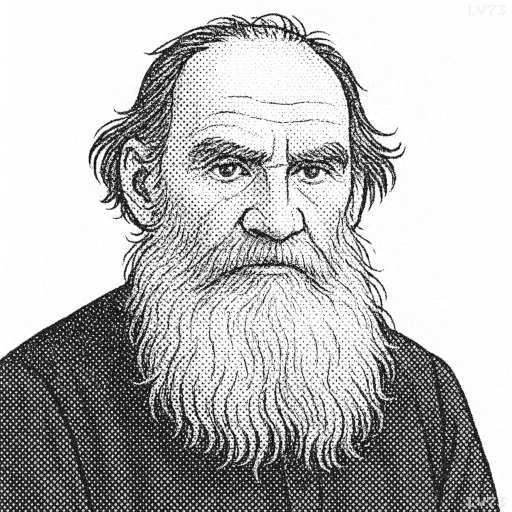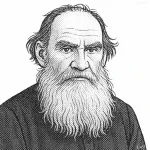“The law condemns and punishes only actions within certain definite and narrow limits; it thereby justifies, in a way, all similar actions that lie outside those limits.”

- September 9, 1828 – November 20, 1910
- Born in Russia
- Writer, philosopher
table of contents
Quote
“The law condemns and punishes only actions within certain definite and narrow limits; it thereby justifies, in a way, all similar actions that lie outside those limits.”
Explanation
In this quote, Leo Tolstoy critiques the limitations and inconsistencies of the law, pointing out that it defines morality and justice within a set of narrow boundaries. According to Tolstoy, the law may punish certain actions, but in doing so, it often implicitly justifies similar actions that lie outside its scope. This suggests that the law, in its inability to address all moral or ethical issues, often allows for a moral double standard, where actions that are not legally punished may still be morally wrong. Tolstoy is emphasizing that true morality cannot be confined to the law’s limitations, as the law is often shaped by human institutions, power structures, and convenience, rather than by an unwavering commitment to justice and moral truth.
This quote remains relevant in the modern world, where legal systems often fail to fully address social injustices, such as economic inequality, human rights abuses, or environmental degradation. Just because an action is not illegal does not necessarily mean it is morally right. For example, corporate exploitation or environmental harm may not always be illegal but are clearly morally problematic. True justice, according to Tolstoy, cannot simply be about what is legal; it must also involve a commitment to higher moral principles that transcend the limitations of the law.
Tolstoy’s personal beliefs and writings were deeply aligned with this critique of legal systems. His rejection of certain forms of authority and his advocacy for moral and spiritual truth over legal definitions of justice reflect his belief that true morality comes from individual conscience and not from societal laws. Through works like The Kingdom of God Is Within You, Tolstoy explored the idea that the law often upholds systems of inequality and oppression, and that moral action requires individuals to go beyond the law’s limitations to pursue a greater sense of justice and compassion.
Would you like to share your impressions or related stories about this quote in the comments section?





